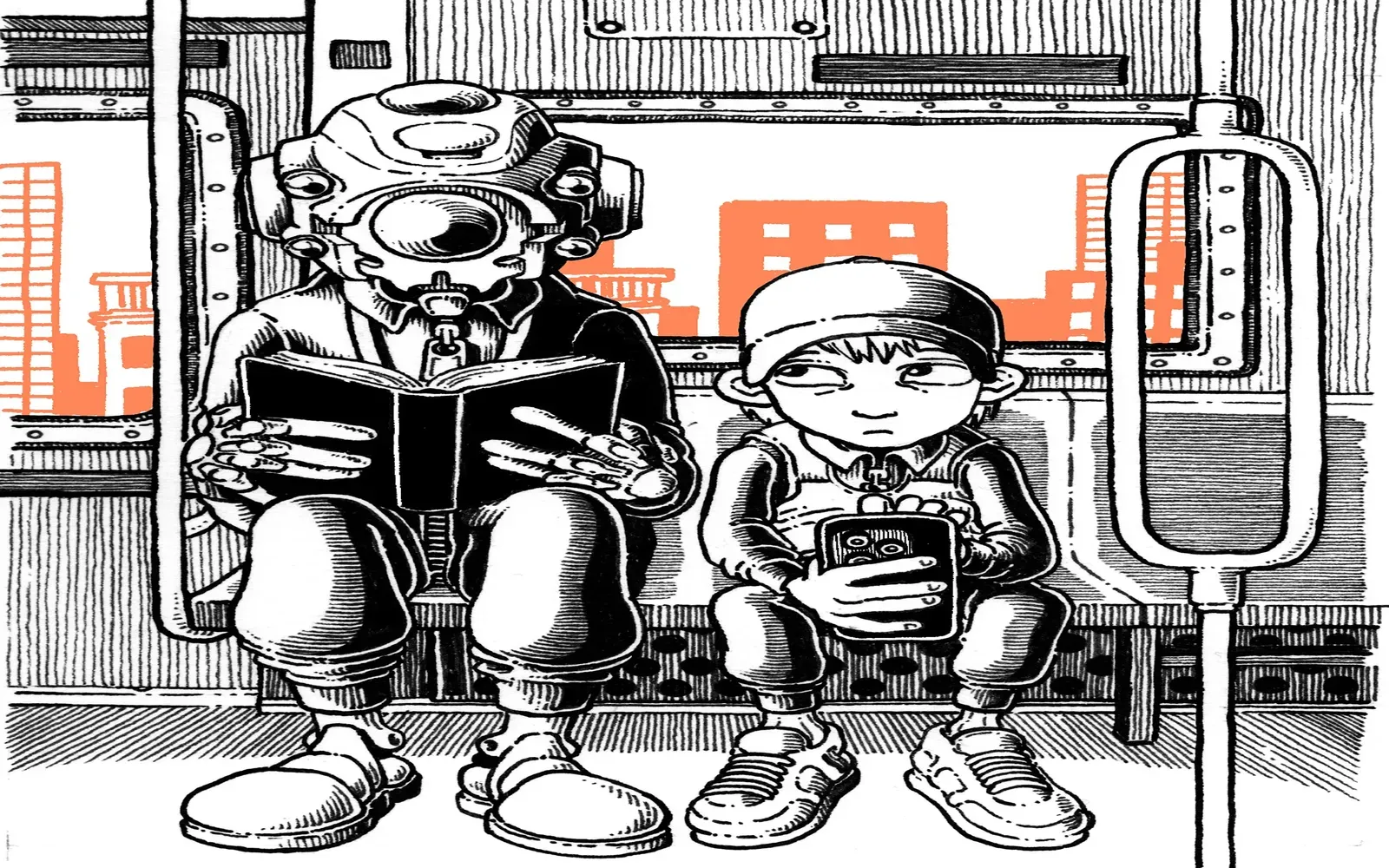In recent years, the rise of automation and robotics has sparked intense debates about their impact on the workforce. Many people fear that these job-stealing robots will lead to widespread unemployment, creating a dystopian future where machines replace humans in every sector. However, this narrative is often exaggerated and rooted in myths rather than facts. Understanding the truth about automation and its effects on jobs is essential for navigating the future of work.
Debunking the Myths of Job-Stealing Robots
One of the most pervasive myths surrounding automation is the idea that robots will inevitably lead to massive job losses. While it is true that some roles may be replaced by machines, it is equally important to recognize that automation can create new job opportunities. Historical evidence shows that technological advancements have often resulted in the transformation of jobs rather than their outright elimination. For example, the advent of the internet led to the decline of certain industries but simultaneously gave rise to new fields such as digital marketing, e-commerce, and software development.
Another myth is that automation disproportionately affects low-skilled workers. While it is true that some low-skilled jobs are at risk, many industries are also seeing a demand for higher-skilled roles that cannot be easily automated. Positions in areas like technology, healthcare, and creative services are growing, showing that automation can lead to a shift in the job market rather than a net loss of employment.
A common misconception is that job-stealing robots work independently without human oversight. In reality, automation often requires skilled workers to operate, maintain, and improve these systems. For instance, factories that utilize robotics still need engineers and technicians to ensure that these machines perform optimally. Thus, rather than replacing humans, robots can complement their skills, allowing workers to focus on more complex and rewarding tasks.
Moreover, the implementation of automation can lead to increased productivity and efficiency, which can, in turn, boost economic growth. As businesses become more efficient, they can lower costs and potentially pass on these savings to consumers. This can stimulate demand for products and services, leading to job creation in other areas of the economy.
It is also crucial to highlight that automation can enhance job quality by taking over repetitive and physically demanding tasks. This allows employees to engage in more fulfilling work that requires critical thinking, creativity, and interpersonal skills. By relieving workers from menial tasks, automation can lead to greater job satisfaction and a more skilled workforce.
In conclusion, the narrative surrounding job-stealing robots and automation is often filled with myths that do not reflect the complexities of the modern workforce. While change is inevitable, it is essential to approach the future of work with a balanced perspective. Embracing automation as a tool for innovation rather than a threat can lead to a more prosperous and dynamic economy. By focusing on reskilling and adaptation, society can harness the benefits of automation while minimizing its potential drawbacks. Understanding these nuances will empower individuals and organizations to thrive in an increasingly automated world.





